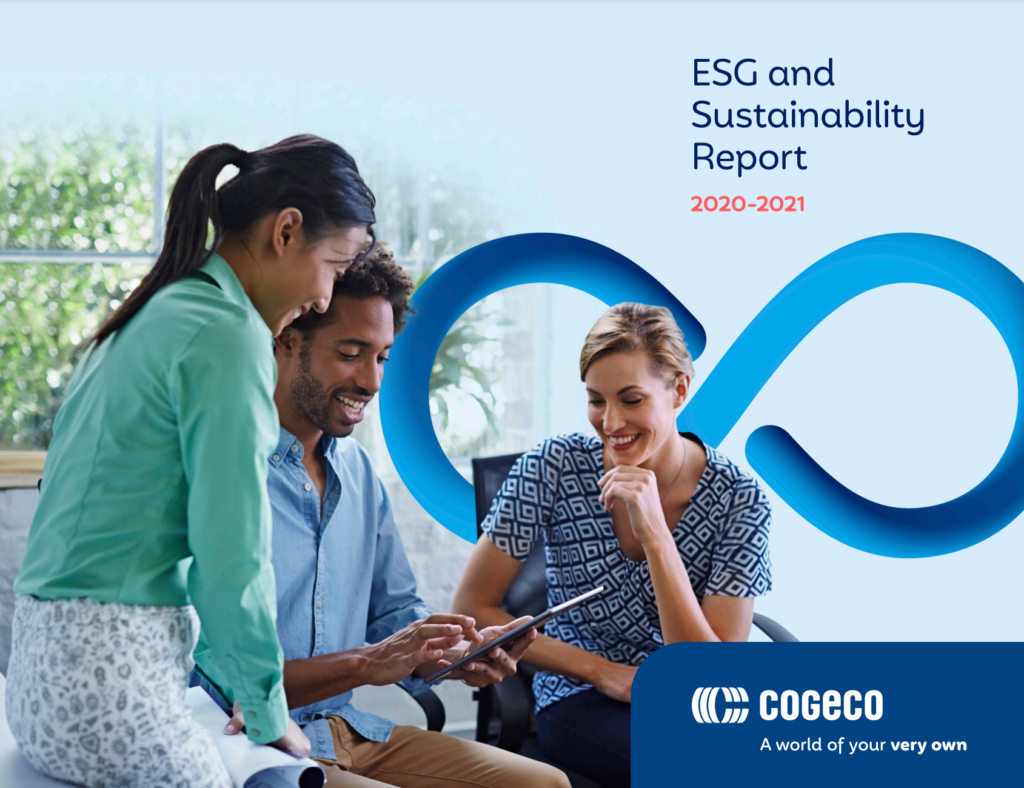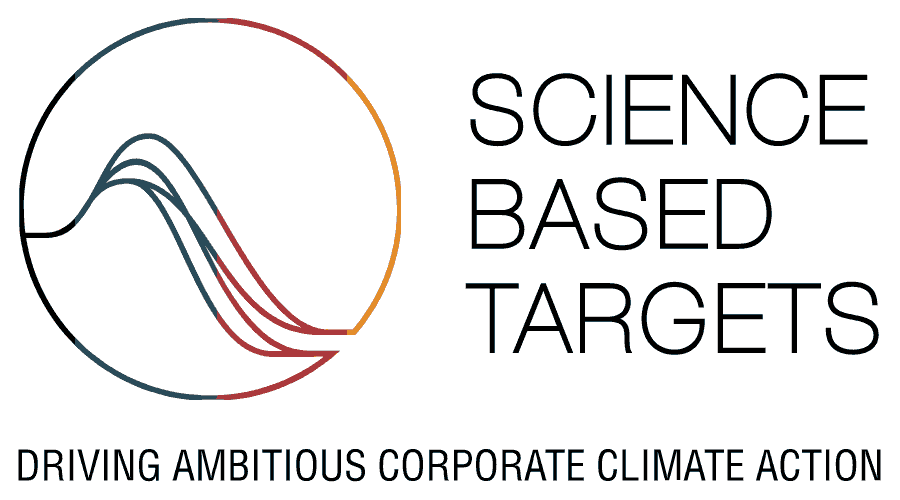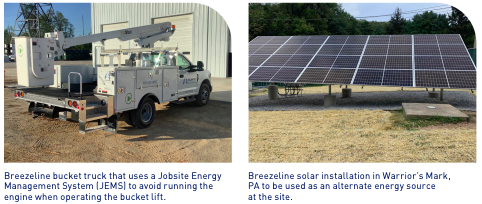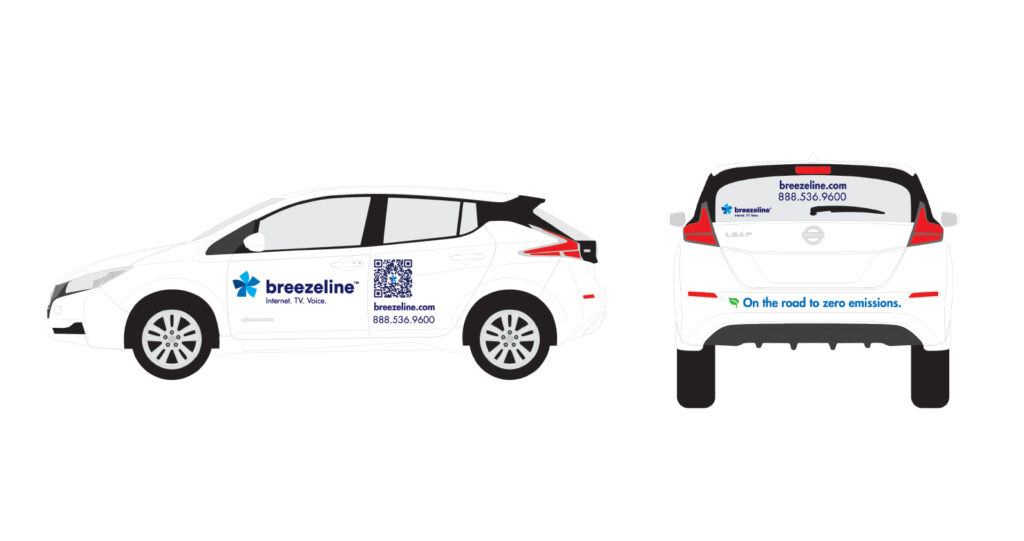The Cogeco Journey to Contribute to Sustainable and Inclusive Growth
Elizabeth Alves, Clean16 Honouree and the “driving force” behind sustainability at Cogeco, outlines how Cogeco is utilising its Sustainability Steering Committee and exploring fleet electrification to meet ambitious science-based targets.
Building upon a long standing tradition of social engagement and community involvement, a Corporate Social Responsibility (CSR) function was implemented in 2010 at Cogeco whose objective was two-fold i.e. provide oversight over the management of our environmental footprint and ensure the implementation and coordination of best practices from a good corporate citizenship perspective. Responsibility for the CSR function at the time rested with the largest business unit of the company.
As the years passed, some of the foundational components were implemented such as the greenhouse gas inventory, to be able to measure and track our progress, and the conduct of an employee engagement exercise, aimed at obtaining input on key areas of interest from a CSR perspective. Back then, the term stakeholders was not very prominent, with the focus still being on shareholders, and the notion of ESG was in its embryonic stage.

In 2014, the decision was made to elevate the CSR function to the Corporate Level in order to facilitate the integration of all business units of Cogeco into the overall CSR program. A Sustainability Steering Committee composed of the President and CEO and his direct reports was implemented as a result of the transition to the corporate level. As ESG was gaining traction, the challenge was to shift the focus from a narrow CSR perspective to a more holistic ESG direction centered on having a positive impact on society and delivering value to our key stakeholders.

As a first step, in alignment with best ESG practices, a more detailed and extensive stakeholder engagement exercise was conducted through a materiality assessment. It became clear that engaging with our stakeholders and understanding their needs and expectations was a key enabler for the long term sustainability of our business. In deciding which stakeholder groups to engage, we considered those who are directly or indirectly impacted by our business and our actions such as employees, customers, communities, suppliers, and investors/shareholders.
The list of sustainability topics derived from the stakeholder engagement exercise enabled us as a company to define and agree on a clear ESG strategy to pave the way forward in terms of concrete initiatives. We have updated and reconducted this materiality assessment on a regular basis since then to ensure that we continue to address the needs of our various stakeholders.
We know that measuring the success of a company isn’t just based on profits and market share. The measure also includes how the company has responded to the need to be a good corporate citizen — one that has had a positive impact on the environment and the communities it serves. Over the last 65 years, Cogeco has clearly demonstrated its commitment to that goal. As the world recovers from the COVID-19 pandemic, the goal is to build back better and to focus on equitable growth, which means aiming for a greener and more inclusive economy.
We know that measuring the success of a company isn’t just based on profits and market share. The measure also includes how the company has responded to the need to be a good corporate citizen — one that has had a positive impact on the environment and the communities it serves.
Elizabeth Alves, CPA, CIA, CFE
Climate action is a topic that yielded a lot of discussions at Cogeco in terms of deciding the level of commitment we were willing to adhere to. We had set an emissions intensity target which had been largely surpassed by 2019 (decrease of 24% from 2014 to 2019) but our absolute emissions had only decreased by 7%. We wanted to do more and set meaningful and ambitious goals to support the reduction in global emissions and fight the impacts of climate change.

The question was: what would be considered ambitious? After multiple discussions back and forth and various reviews of projections and operational plans, the Sustainability Steering Committee of Cogeco agreed with proceeding ahead with the setting of an absolute emissions reduction target based on climate science. In 2021, Cogeco became the first telecommunications company in Canada to gain approval from the prestigious Science Based Targets initiative for its aggressive new greenhouse gas emissions reduction target.
Setting the target was one step in the process and it was now a question of ensuring that the different levers we had identified were actioned accordingly to drive the required reduction in emissions. As a telecommunications company, investing in renewable energy is one of the key ways to achieve meaningful emissions reductions. Cogeco’s GHG emissions reduction strategy to achieve its science-based target (65% reduction in scope 1 & 2 emissions by 2030 from 2019) required developing a detailed plan to increase consumption of renewable energy.
Emissions from electricity consumption represent approximately 55% of Cogeco’s operational footprint (over 11,000 tCO2e in fiscal 2021). Investment in renewable energy was new to Cogeco, and the Sustainability team led the charge in increasing awareness around options available to increase Cogeco’s use of renewable energy, particularly in the U.S. This awareness then needed to be leveraged to gain buy-in, approvals and funding to move forward with switching to Green Utility tariffs, purchasing unbundled Renewable Energy Credits (RECs) and investing in a Power Purchase Agreement (with a view to contributing to additionality to the grid in the medium to long term).

The next key lever for Cogeco to achieve meaningful emissions reductions across its operations is to reduce emissions from fleet fuel consumption. Fleet fuel consumption represents approximately 38% of Cogeco’s operational emissions (approximately 8,100 tCO2e in fiscal 2021). Cogeco’s GHG emissions reduction strategy for the fleet involves an initial focus on fleet fuel efficiency, with the greatest emissions reductions coming from fleet electrification over the next several years.
Internal obstacles that the Sustainability team needed to overcome included convincing executives and operations teams that electrifying the fleet could be done in a way that would ultimately save the company money while maintaining operational efficiency. Current external obstacles to our fleet electrification strategy include the lack of availability of electric vehicle options for the types of vehicles in Cogeco’s fleet.
The Sustainability team is working with the Government Relations team to push for funding programs enabling companies to accelerate the electrification of their fleets, as well as with Procurement to ensure automobile manufacturers are made aware that availability of electric vehicles is important to Cogeco going forward and that we are available and willing to participate in any early deployment of models. The CFO of Cogeco personally wrote to different manufacturers to communicate Cogeco’s desire to participate in any pilot projects.

The establishment of a Fleet Electrification Coordination Committee, led by the Sustainability team and composed of key internal stakeholders across business units from the fleet management, procurement, facilities and government relations teams is another key enabler of our fleet electrification plan. The purpose of the committee is to ensure alignment across the company as Cogeco works to convert to an electric fleet. After a couple of meetings and discussions, it became clear that Cogeco would be better served with procuring external assistance from a third party to develop a detailed fleet electrification strategy and roadmap and we proceeded with securing said external assistance.
Additionally, pushing for a focus on fleet fuel efficiency over the short term is also key to achieving emissions reductions required to stay on track with Cogeco’s science-based emissions reduction target. In order to support the business units in identifying and actioning fleet fuel efficiency opportunities, the Sustainability team developed a driver scorecard that will be used to track and correct, as required, driver behavior that contributes to increased emissions (e.g. idle time, speeding, etc.).
In conclusion, the telecommunications industry plays a key role in achieving a net-zero economy because the digital sector is an important contributor to a low-carbon world. With the climate crisis we are living in, we are calling on our industry to take up the call and accelerate our climate ambitions to enable the transition to a net-zero economy. Our industry can demonstrate inspiring leadership and can do more to take concrete action. Together, with a sustained collective effort, Cogeco remains committed to build a prosperous and sustainable economy.














